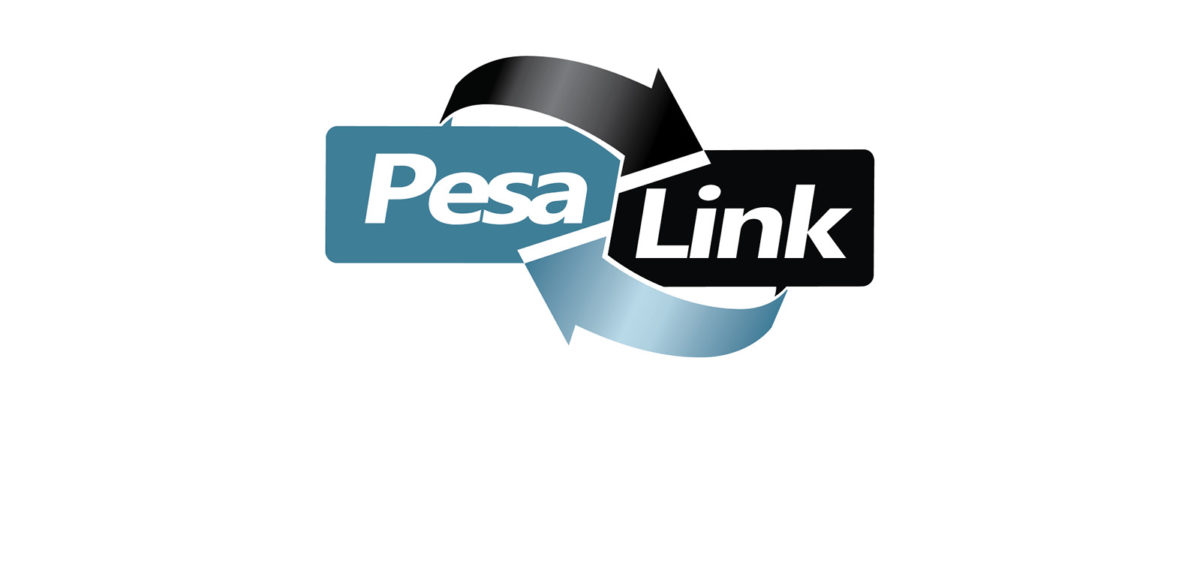
On June 28, 2024, Huawei announced an ambitious new plan to train an additional 150,000 talents in Sub-Saharan Africa over the next three years. This initiative follows the ICT leader’s successful achievement of training over 120,000 people in the region, surpassing its initial target of equipping 100,000 individuals with digital skills by 2025 well ahead of schedule. The announcement was made during the LEAP Summit 2024: ICT Talent and Sustainable Development for Sub-Saharan Africa.
LEAP Summit 2024: An Overview
LEAP, which stands for Leadership, Employability, Advancement, and Possibility, is an event co-hosted by Huawei and the African Telecommunications Union (ATU). It serves as an official partner program of Mobile World Congress Shanghai 2024. The summit brought together over 200 distinguished guests, including high-ranking ministers, ambassadors, and other government officials from numerous African nations in the Sub-Saharan region.
The Need for Digital Skills in Sub-Saharan Africa
There is a pressing need to equip talent in Sub-Saharan Africa with digital skills. According to the World Economic Forum, more than one billion people worldwide need to be upskilled or reskilled by 2030. Additionally, the International Financial Corporation estimates that over 230 million jobs in Sub-Saharan Africa will require digital skills by the same year.
Key Speeches and Announcements
Jeff Wang, Senior Vice President, President of Public Affairs and Communications, Huawei:
In his opening address, Jeff Wang outlined Huawei’s approach to inclusive, systematic, and future-oriented talent development. “Huawei launched the LEAP Digital Talent Development Program in Sub-Saharan Africa in 2022. After more than two years of development, we are glad to see that so many people have benefited from it.”
Hover Gao, President of Sub-Saharan Africa, Huawei:
Gao highlighted the positive progress in talent development across African countries, attributing the success to the joint efforts of government agencies, academia, and industry.
John OMO, Secretary General of the African Telecommunications Union (ATU):
OMO reiterated a human-first approach to technology, emphasizing that digital skills development and access to ICT are about empowering people to participate in the digital economy. He encouraged collective efforts to upskill the youth, giving them not just a future but also a present in which they can thrive.
Hon. Minister Counselor He Hongyan, Department of African Affairs, Ministry of Foreign Affairs of the People’s Republic of China:
Hongyan emphasized the importance of China-African talent cooperation as outlined in the China-Africa Cooperation 2035 plan. She stated that LEAP is helping Africa build a pool of digital talent, boost its digital economy, bridge the digital divide, and drive inclusive development.
Siddharth Chatterjee, United Nations Resident Coordinator in China:
Chatterjee joined the program remotely via video, highlighting the importance of a multilateral approach to addressing the digital skills gap and upskilling workers. He expressed hope that these efforts would help people harness digital technologies, narrow the skill gap, and create sustained prosperity alongside sustainable development, essential for achieving the Sustainable Development Goals (SDGs).
Hon. Dr. Tatenda Annastacia Mavetera, Minister of Information Communication Technology, Postal and Courier Services, Zimbabwe:
Dr. Mavetera provided both local and pan-African perspectives on digital talent cultivation. She underscored the power of collaboration among governments, industries, academia, and civil society in unlocking the full potential of ICT for humanity’s benefit.
Huawei’s Initiatives and Programs
TECH4ALL Digital Inclusion Initiative:
This initiative is one of the key pillars of Huawei’s Corporate Sustainable Development strategies. During the summit, Joyce Liu, Director of the TECH4ALL Digital Inclusion Office at Huawei, shared the progress of TECH4ALL in Sub-Saharan Africa. Liu emphasized the importance of taking a long-term perspective on how education can shape a more inclusive and sustainable future by building connectivity for schools, improving capabilities for people, and supporting STEM content development for digital upskilling and reskilling.
Digital Intelligence Talent Development Program:
Steven Fan, Director of Huawei’s Training & Certification Department, announced this new initiative, which includes free Huawei Certificate courses and exam vouchers for the Huawei ICT Academy and outstanding personnel. The program aims to foster a strong digital leadership and skilled ICT workforce, build a digital talent pool, and promote digital literacy among citizens. Activities under this program range from ICT training and certification courses to government digital capacity building and ICT skills competitions.
Digital Badge Program:
Huawei also launched the Digital Badge program, enabling students and teachers who have attended Huawei ICT Academy programs to display these certifications on their social media platforms. This initiative aims to enhance the visibility of their qualifications and unlock future employment opportunities.
Conclusion
The LEAP Summit 2024 showcased Huawei’s commitment to digital skills development in Sub-Saharan Africa. The company’s new target of training an additional 150,000 talents by 2027 underscores its dedication to fostering digital literacy and leadership in the region. By collaborating with government agencies, academia, and industry, Huawei aims to bridge the digital divide and drive inclusive development, ensuring that the people of Sub-Saharan Africa are well-equipped to thrive in the digital economy.





